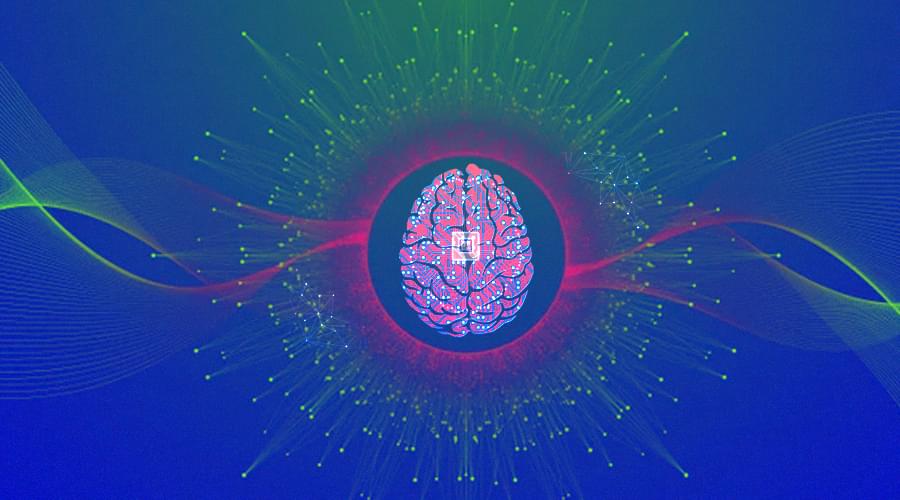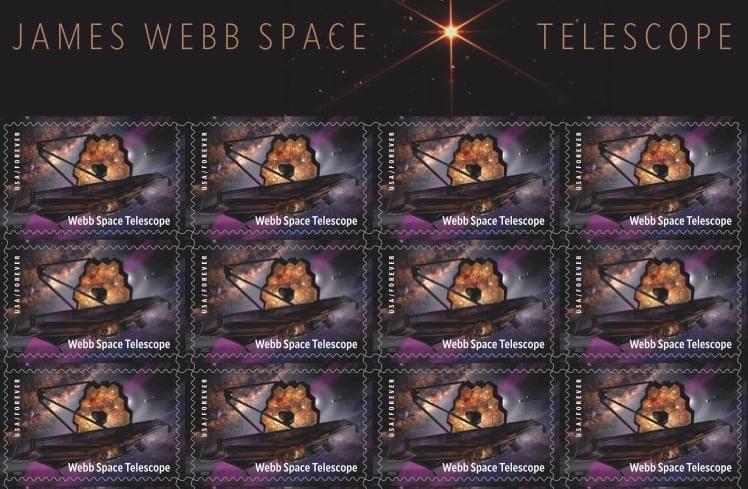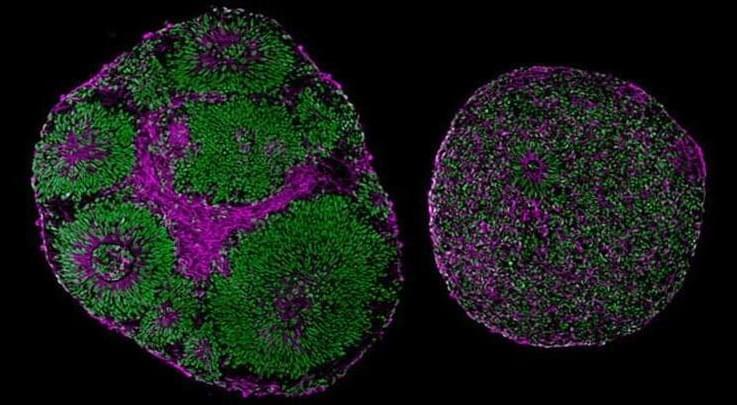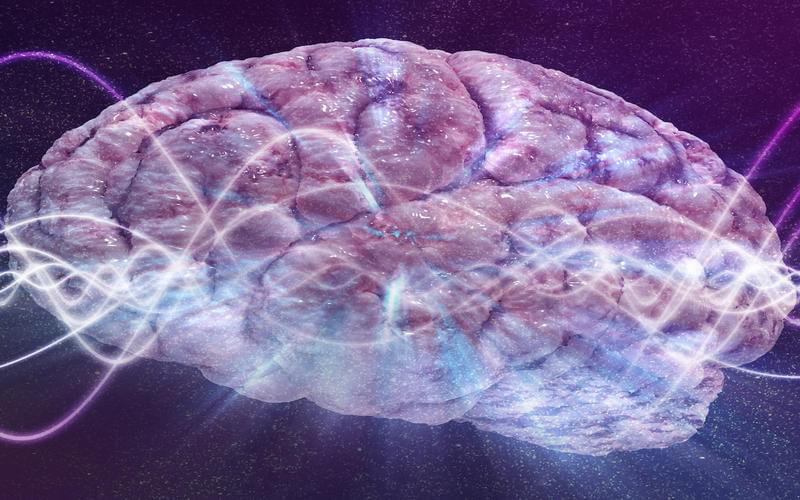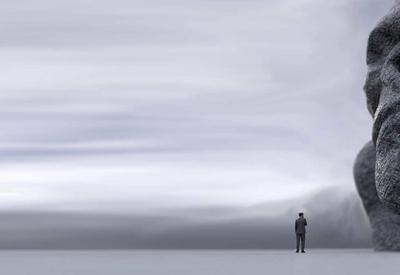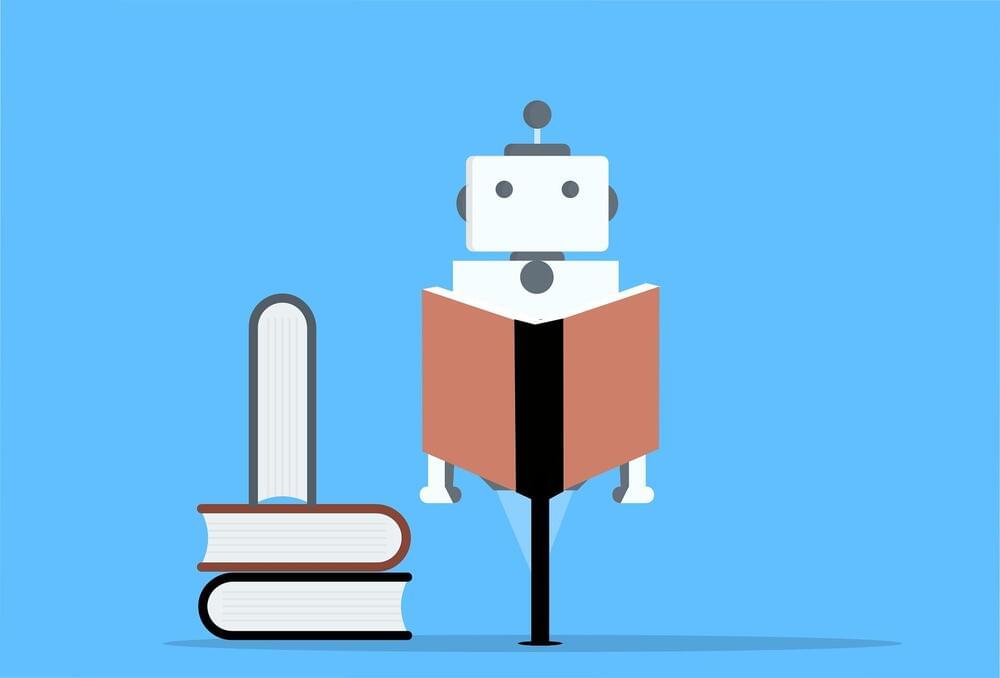Visit https://brilliant.org/isaacarthur/ to get started learning STEM for free, and the first 200 people will get 20% off their annual premium subscription.
Science Fiction often shows us alien civilizations so advanced they are godlike, but how realistic are they, and what would such entities be like?
Biocene 2022 Registration: https://oai.org/biocene-2022-event-registration/
International Space Development Conference Registration: https://isdc2022.nss.org.
Visit our Website: http://www.isaacarthur.net.
Support us on Patreon: https://www.patreon.com/IsaacArthur.
Support us on Subscribestar: https://www.subscribestar.com/isaac-arthur.
Facebook Group: https://www.facebook.com/groups/1583992725237264/
Reddit: https://www.reddit.com/r/IsaacArthur/
Twitter: https://twitter.com/Isaac_A_Arthur on Twitter and RT our future content.
SFIA Discord Server: https://discord.gg/53GAShE
Listen or Download the audio of this episode from Soundcloud: Episode’s Audio-only version: https://soundcloud.com/isaac-arthur-148927746/godlike-aliens.
Episode’s Narration-only version: https://soundcloud.com/isaac-arthur-148927746/godlike-aliens-narration-only.
Credits:
Alien Civilizations: Godlike Aliens.
Science & Futurism with Isaac Arthur.
Episode 341, May 5, 2022
Written, Produced & Narrated by Isaac Arthur.
Editors:
Andrew Nelson.
Curt Hartung.
David McFarlane.
Cover Art:
